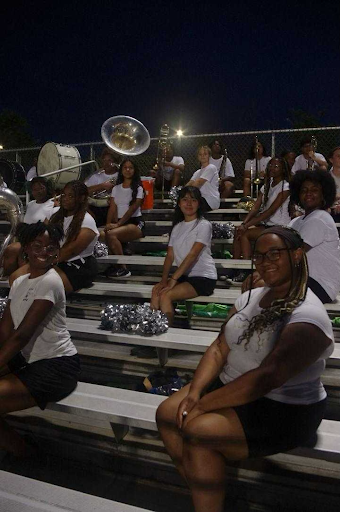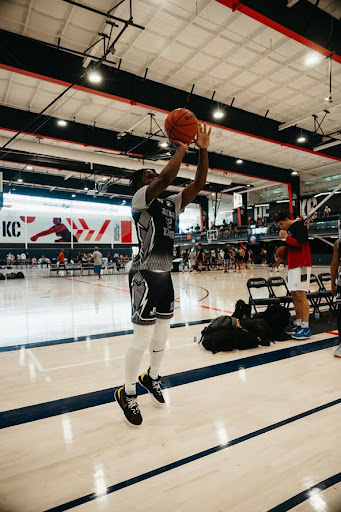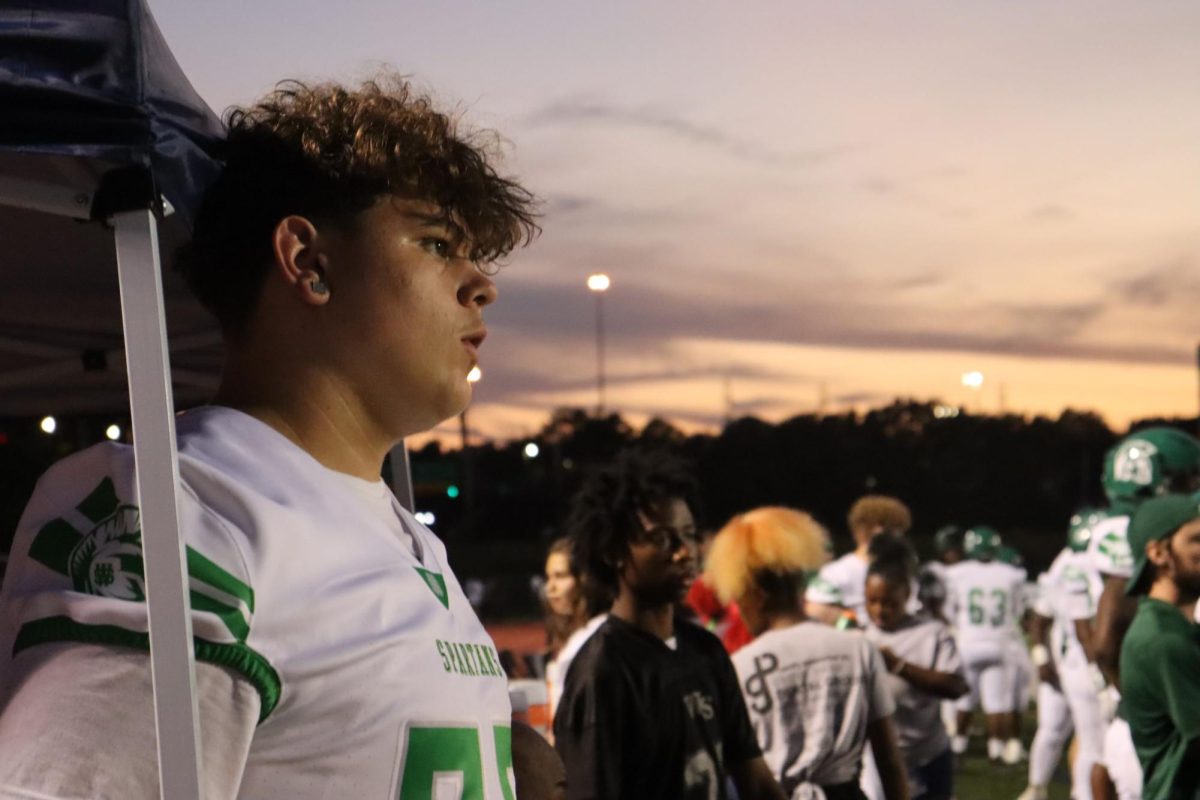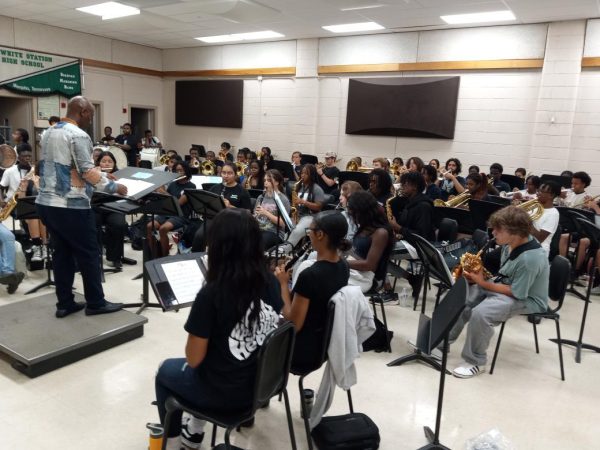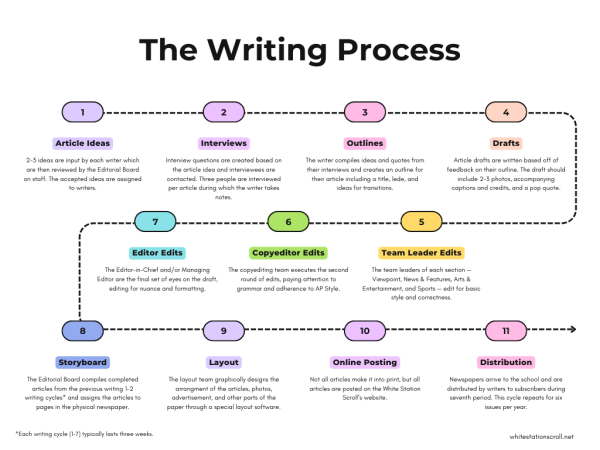Tennessee law bans transgender youth from team sports
Say goodbye to teammates. Take one last sip of water. Line up at the starting line and get ready to go. For five years, this was the race day routine of White Station High School senior Emmett Campbell, a member of the cross country running team. Like other public school athletes, Campbell worked hard at perfecting his sport, attending practices and weekly meets and forming strong bonds with his fellow runners.
Unlike most athletes, Campbell happens to be transgender. Beginning his physical transition in late middle school, Campbell switched to the boys cross country team his freshman year. Now, thanks to Tennessee Senate bill 228, which dictates that student athletes can only participate on teams based on their sex at birth, future transgender athletes may not have the opportunity to compete with their school as Campbell did.
“The whole problem with this is that this is such a non-issue,” Campbell said. “They are inventing this problem that genuinely is not there, and it’s politicians trying to dictate issues that they don’t really know about. There is no issue in the real world with transgender athletes taking over sports. It is simply just a transphobic motivated legislative act. It’s ridiculous.”
This newly signed law is one of many in Tennessee’s new “slate of hate,” a group of legislation aimed at restricting rights of the LGBTQ+ community, especially transgender youth. For a group that is thoroughly marginalized, lack of access to the integral experience of team sports is just another blow to the head.
“Trying to isolate transgender students further from activities and from their peers will only create more of an issue in their lives,” Campbell said. “Being able to participate in sports that align with a person’s gender identity – it’s incredibly validating and it’s really important that it is normalized because the more of an issue that is brought up about it, the more ostracized a person becomes. If you start by saying, hey, you are not allowed to participate in sports, that goes a long way as far as hurting someone.”
Serving as OUTMemphis’ Transgender Services manager, Alex Hauptman is familiar with the plight of young trans folks in Tennessee, whether that be through higher rates of HIV, lack of safe housing or, now, barred access to school extracurriculars. Hauptman’s work with transgender youth through OUTMemphis’ weekly support groups puts him face to face with their struggles and makes him critical of Tennessee lawmaker’s decision.
“You’re going after kids, right?” Hauptman said. “So you have a bunch of largely white, middle aged men who are picking on a bunch of kids. It feels like bullying. You’re going after a vulnerable community and you’re going after the most vulnerable age range in that community. LGBTQ youth, specifically trans youth, already have high incidences of suicidality and suicide attempts.There’s already not a ton of protections for support for them, and now you’re making actual legislation that hurts them. I think it looks ugly for a bunch of grown men to be going after teenagers.”
While it does address all members of the transgender youth community, the law is supposedly an attempt to protect cisgender female athletes from the potential advantage that transgender competitors could have due to their physicality at birth. However, there is little evidence to back up this claim, and even fewer transgender youth athletes to make a law necessary, leading many to believe Tennessee legislators are simply making laws based on veiled transphobia.
“It’s not an equalized targeting here,” Campbell said. “Of course the bill is targeting all transgender athletes, but it’s coming from a place of discriminating against transgender women. Recognize the fact that this is simply coming from a place of transphobia, this isn’t an actual issue. There is no place where transgender athletes – especially because this bill is targeting transgender girls and transgender women – there’s no place where transgender women are actually dominating in sports, and I think its so important to realize that this isn’t coming from a place of truth.”
Amidst a questionable handling of COVID-19, lawmakers are coming under fire for focusing on divisive legislation as opposed to revitalizing communities torn apart in the pandemic. OUTMemphis and other queer organizations, such as the Tennessee Equality Project and GLSEN, are working to repeal this legislation through phone banking, letter writing and demonstration.
“There’s bigger fish to fry,” Hauptman said. “You’re attacking a marginalized community. There’s more important things that they should be focusing time and effort and resources on. We’re still in a pandemic, you still have people who are struggling to deal with the impacts of that with housing, income, all of this stuff. It just seems like to go after this on a legislation level, they should be focusing elsewhere.”
Though sports is the focus of the new law, what will truly suffer is the community built by young athletes. Like most athletes, transgender youth can find escape from stress and a new family through interactions with teammates. The experience can also be an important step in finding themselves.
“I really think that what mostly validated it was the process,” Campbell said. “I’ve run on both the girls’ and the boys’ teams. I think that it was mostly through the friendships that I made through the guys’ team, and them accepting me as a teammate made me feel really good. That was what it was. Being able to compete with them was great, and just them supporting me and not making it weird, not making me uncomfortable, that was what really was the best part.”
Your donation will support the student journalists of White Station High School. Your contribution will allow us to purchase equipment and cover our annual website hosting costs.














